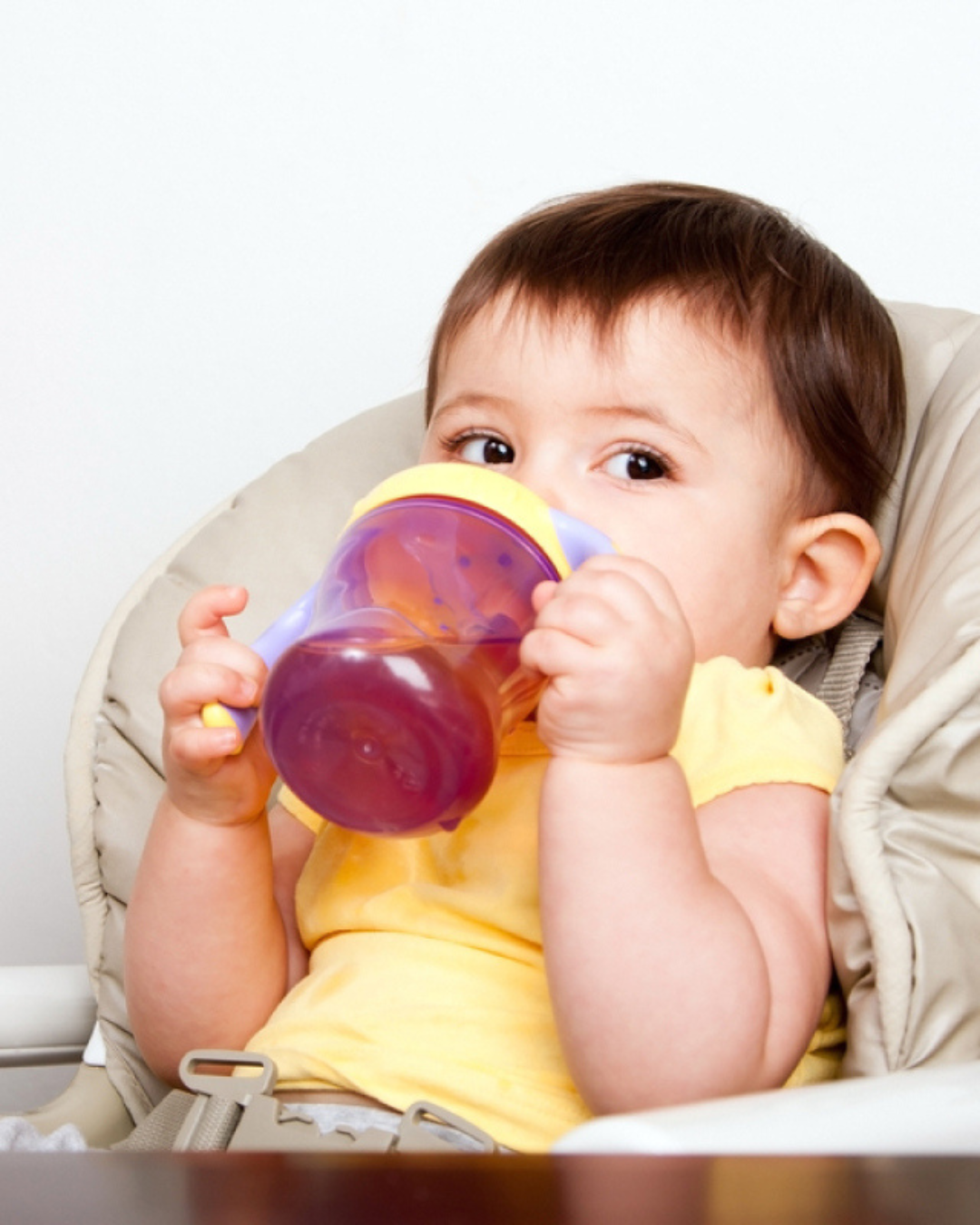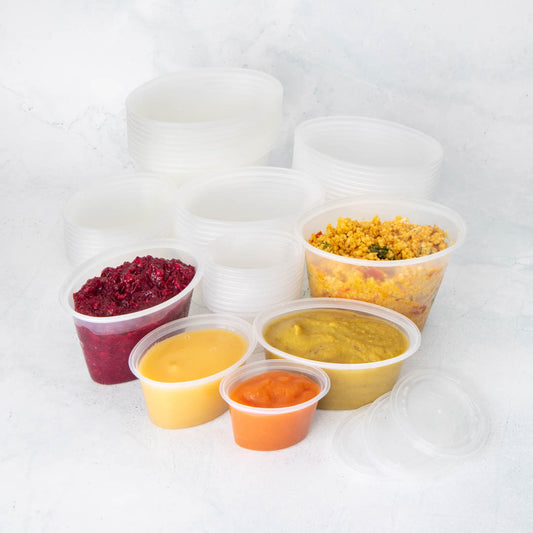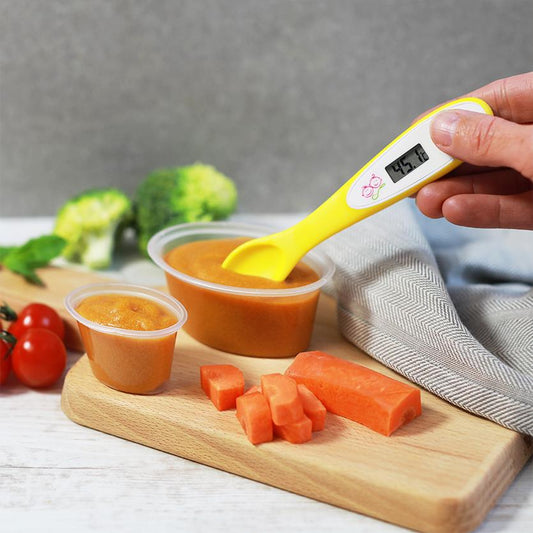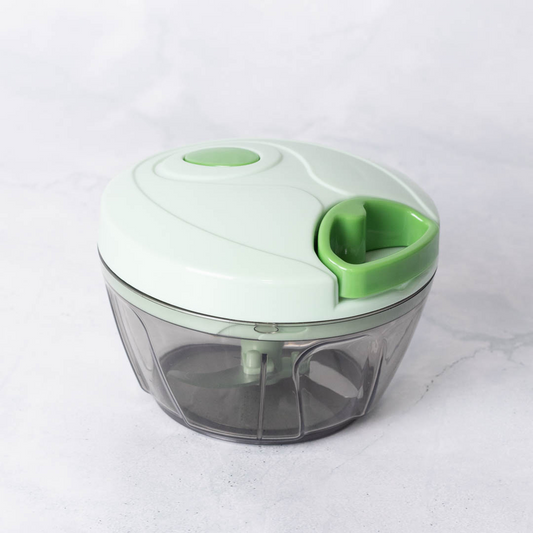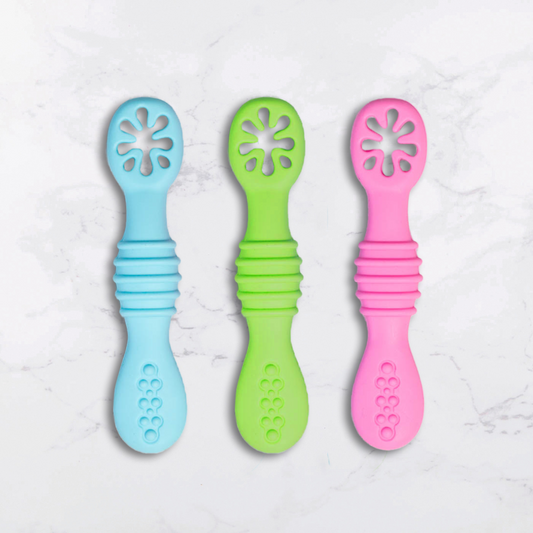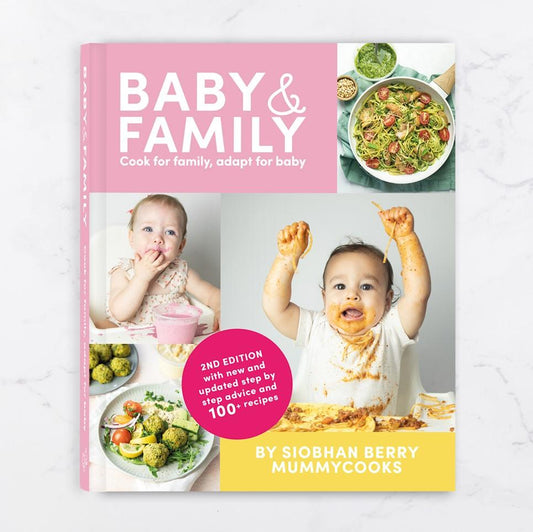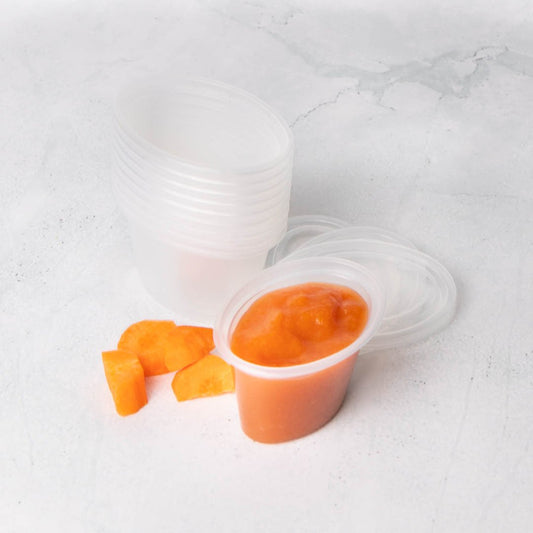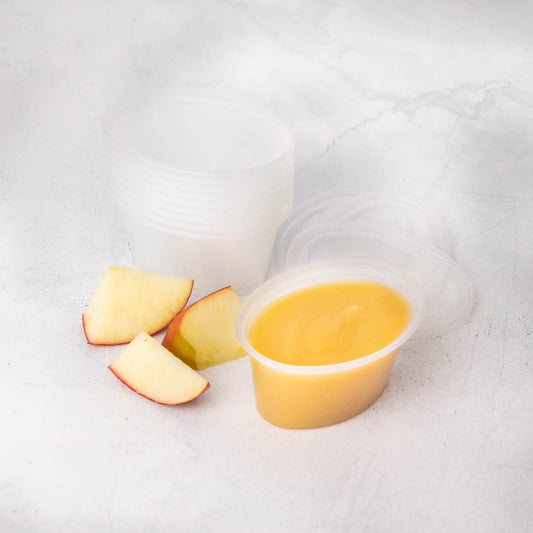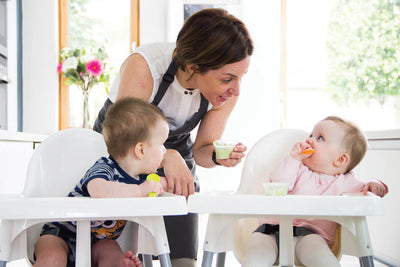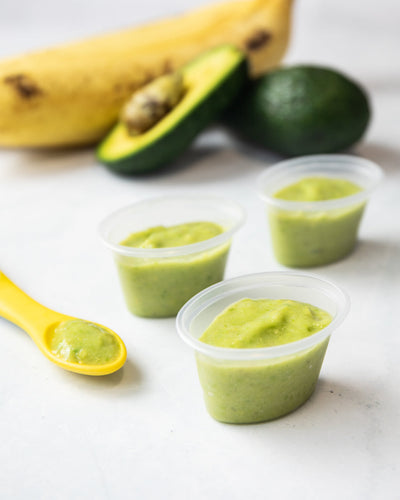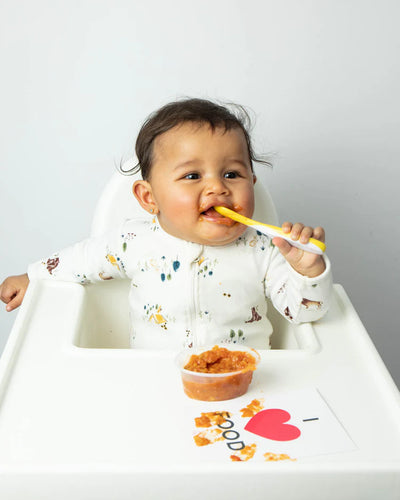Not all drinks are suitable for babies and young children. Here at Mummy Cooks we have given you a simple guide on what drinks you should be giving your child. The following list explains what to give to your child and when.
Breast milk
This is the only food or drink babies need in the first six months of their life, and should continue to be given alongside an increasingly varied diet once solid foods are introduced.
Infant formula
This is usually based on cow's’ milk and is the only alternative to breast milk in the first 12 months of your baby’s life. It can be used up to the time when ordinary cows’ milk can be introduced (at 12 months) or beyond.
Non-cow's' milk formula
Only use soya-based infant formulas if your GP advises you to. Babies who are allergic to cow's’ milk may also be allergic to soya.
Cow's' milk
Cow's’ milk doesn’t contain enough iron and other nutrients to meet young babies’ needs. It shouldn’t be given as a drink to babies until they are 12 months old. Whole milk should be given to children until they are two years old, as they need the extra energy and vitamins it contains.
Semi-skimmed milk can be introduced once your child is two years old, as long as they're a good eater and they have a varied diet. Skimmed and 1% milk are not suitable for children under five, as they don't contain enough calories. For convenience, lower-fat milks can be used in cooking from the age of one.
Water
Fully breastfed babies don’t need any water until they’ve started eating solid food. Bottle-fed babies may need some extra water in hot weather. For babies under six months, use water from the main tap in the kitchen that's been boiled then cooled. Water for babies over six months doesn’t need to be boiled.
Fruit juices
Fruit juices, such as orange juice or grapefruit juice, are a good source of vitamin C. However, they also contain natural sugars and acids, which can cause tooth decay. Babies under six months old shouldn’t be given fruit juices. Diluted fruit juice (one part juice to 10 parts water) can be given to children with their meals after six months. Giving fruit juice at mealtimes can help reduce the risk of tooth decay.
Squashes, flavoured milk, fruit drinks and sugary fizzy drinks
These are not suitable for young babies. These drinks contain sugar and can cause tooth decay even when diluted. For older babies and toddlers, these drinks can lead to poor appetite, limited weight gain and, in toddlers, diarrhoea. Even drinks that have artificial sweeteners can encourage children to develop a sweet tooth. If you want to give your child squashes, flavoured milk and juice drinks, keep them for mealtimes, make sure they’re well diluted and always give them in a feeder cup rather than a bottle.
Fizzy drinks are acidic and can damage tooth enamel so they shouldn't be given to babies and toddlers. Diet or reduced-sugar drinks aren't recommended for babies and toddlers. If you do give your child concentrated drinks containing saccharin (a type of sweetener), dilute them well (at least 10 parts water to one part sweetened drink).
Hot drinks
Tea and coffee aren’t suitable for babies or young children. They can reduce the amount of iron absorbed from food, especially if they're given with meals. If sugar is added, they may contribute to tooth decay.

